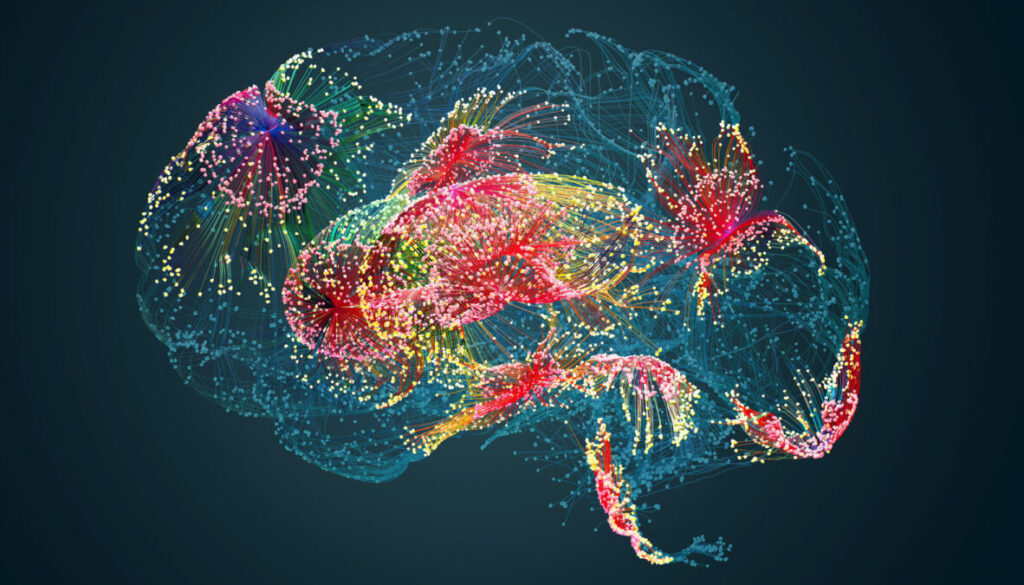Trending Topics: Social Media Popularizes Potential New Method For Alleviating ADHD
Although attention-deficit/hyperactivity disorder (ADHD) is prevalent throughout the world, those struggling to live with it often are able to combat its effects with modern medicines and newfound auditory methods. As one example, a recently published article cites the growing popularity of brown noise in terms of providing relief for people with ADHD, helping them focus on tasks and even providing them with better sleep.
The phenomenon of noise and its corresponding stimulation of the auditory system has been studied by psychologists for years, said Brian Anderson, a professor in the Department of Psychological and Brain Sciences at Texas A&M University. There are many different ways in which specific noises impact specific people — most notably, white noise, which is a combination of all frequencies that a human is able to hear. However, despite the millions of people promoting brown noise — lower-pitched bass sounds comparable to thunder, a jet plane or strong wind — psychologists have not been able to find evidence as to why this occurs.

Dr. Brian Anderson

